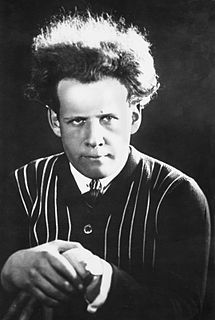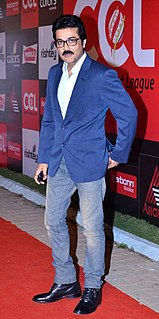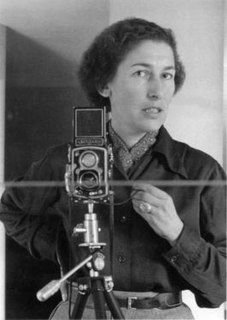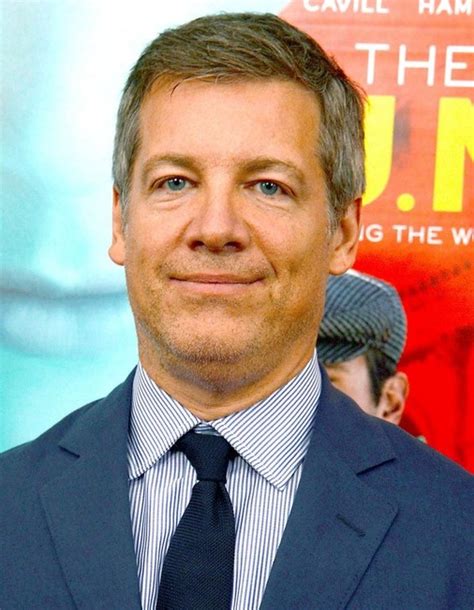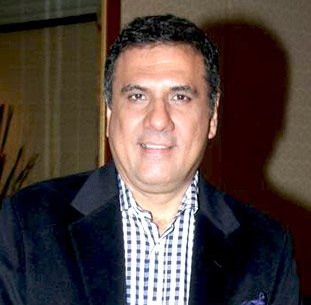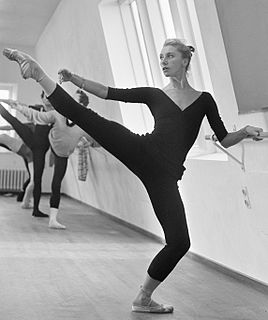A Quote by David Lean
Film is a dramatised reality and it is the director's job to make it appear real... an audience should not be conscious of technique.
Related Quotes
With a good script a good director can produce a masterpiece; with the same script a mediocre director can make a passable film. But with a bad script even a good director can’t possibly make a good film. For truly cinematic expression, the camera and the microphone must be able to cross both fire and water. That is what makes a real movie. The script must be something that has the power to do this.
Photography is the typical means of expression of a society founded on a civilization of technicians, conscious of the aims it has set for itself... Its power of exactly reproducing external reality, a power inherent in its technique, lends it a documentary character and makes it appear as the most faithful and impartial process for the reproduction of social life.
Before writing a single note of music, and even before the spotting session, I find it best to sit down with the director and just listen to him or her talk about the film - what they're trying to say, what they want the audience to understand or believe, and a thousand other similar questions. The director has most likely been living with the film for years before a composer is attached, and so the director's inclinations, desires, and understanding of the film are paramount.
In anything really, it's finding the reality. You can't be 'real,' but you can create a reality. And that created reality is what the audience believes in. And that's essential. Because if the audience doesn't believe that, they're never going to trust you. And if they don't trust you, you can't lead them up the mountain.
The first thing I say when people ask what's the difference [between doing TV and film], is that film has an ending and TV doesn't. When I write a film, all I think about is where the thing ends and how to get the audience there. And in television, it can't end. You need the audience to return the next week. It kind of shifts the drive of the story. But I find that more as a writer than as a director.


